The Future of DCS – Emerging Trends and Technologies
The future of Distributed Control Systems (DCS) is driven by the integration of advanced technologies such as Industry 4.0, the Internet of Things (IoT), cloud computing, edge computing, virtualization, and decentralization.
Future of DCS
These technologies will bring new capabilities to DCS systems and increase the efficiency and safety of industrial processes. The integration of AI and ML will enable predictive maintenance and real-time optimization, while the integration of IoT will allow for remote monitoring and advanced analytics.
The use of cloud-based solutions will allow for scalability and reduce the costs associated with on-premises systems. Edge computing will reduce latency and increase the reliability of data communication. Virtualization and decentralization will lead to more flexible and scalable DCS architecture.
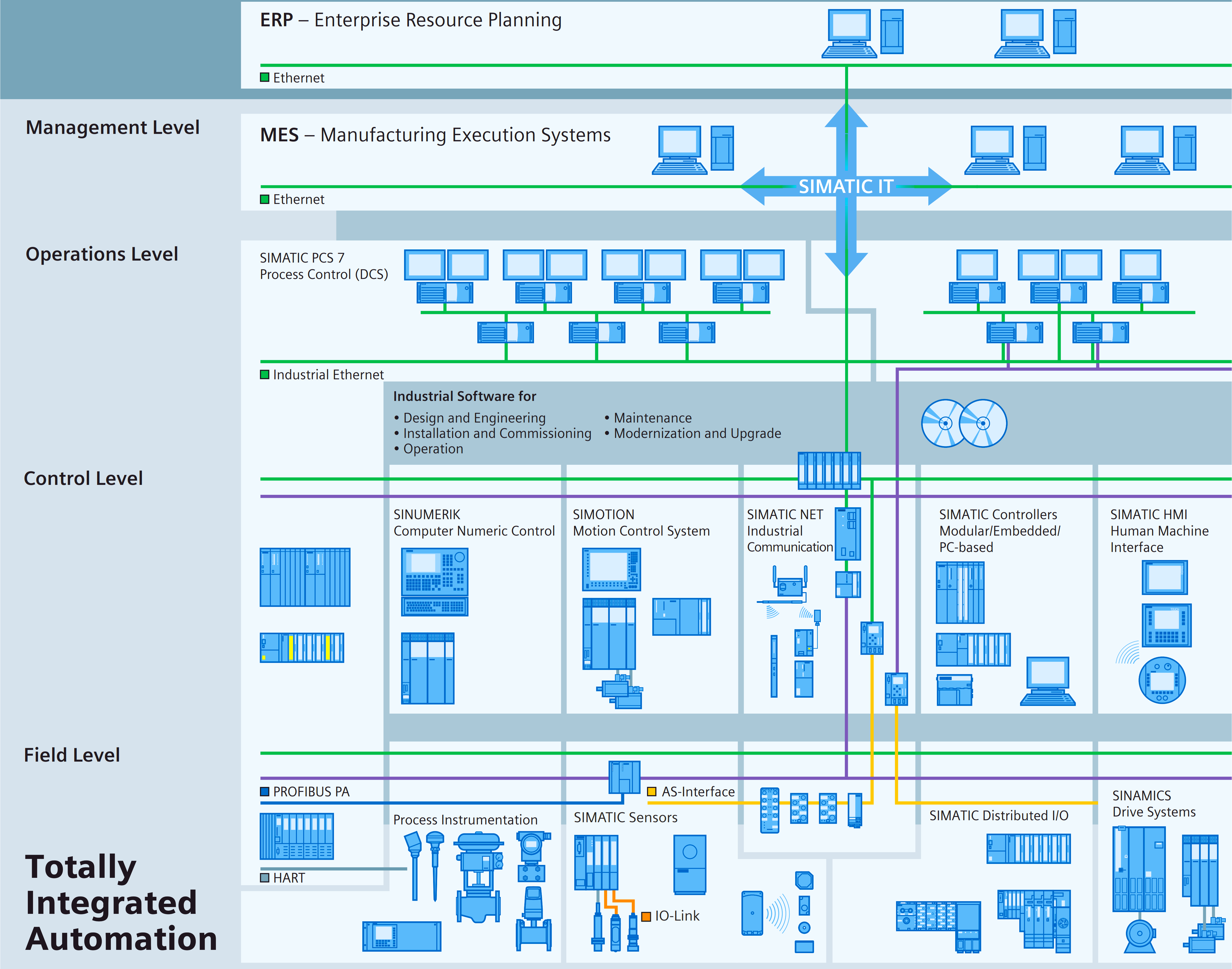
The increased use of 5G and IIOT will require new communication protocols and technologies, as well as more powerful edge computing and data analytics capabilities.
Additionally, advancements in AR and HMI will provide operators with a more intuitive and immersive interface for monitoring and controlling processes.
Cybersecurity will also become more important as DCS systems become more connected to the internet and other networks.
DCS Emerging Trends and Technologies
Some of the emerging technologies in distributed control systems are mentioned below.
- Industry 4.0: The integration of Industry 4.0 technologies such as AI and ML in DCS systems will enable advanced capabilities like predictive maintenance, real-time optimization, and autonomous decision-making.
- IoT: By integrating IoT technologies with DCS systems, it will allow for remote monitoring, real-time data collection, and advanced analytics, improving the efficiency and safety of industrial processes.
- Cloud Computing: Using cloud-based DCS solutions will allow for remote access and control, as well as the ability to scale up or down as needed, reducing the costs associated with maintaining an on-premises DCS system.
- Edge Computing: Edge computing will allow for the processing of data closer to the source, reducing the latency and increasing the reliability of data communication, particularly important in industrial environments where real-time control and decision making is critical.
- Virtualization and Decentralization: Virtualization technologies will make it possible to decentralize control functions and run them on small, low-cost devices, providing a more flexible and scalable DCS architecture, as well as a lower total cost of ownership.
- 5G and IIOT: As 5G networks are deployed and IIOT becomes more prevalent, DCS systems will have to be designed to handle the increased data traffic and more connected devices, requiring new communication protocols and technologies, as well as more powerful edge computing and data analytics capabilities.
- Augmented Reality (AR) and Human-Machine Interaction (HMI): AR and HMI technologies will provide operators with a more intuitive and immersive interface for monitoring and controlling processes, which will help to improve the efficiency and safety of industrial processes.
- Cybersecurity: With the increasing connectivity of DCS systems to the internet and other networks, cybersecurity will become an increasingly important aspect of DCS systems, requiring proper security measures to protect the system and the process it controls.
- Decentralized control: Future DCS systems will move towards decentralized control architecture that allows for independent and adaptive control of different subsystems or devices in a process. This will provide more flexibility, and scalability and can improve the system’s overall performance.
- Advanced analytics: Advancements in data analytics and processing power will enable more advanced analytics capabilities in DCS systems, such as real-time process modeling, predictive maintenance, and optimized control strategies.
- Integration with other systems: DCS systems will continue to integrate with other systems such as ERP, MES, and SCADA, providing a seamless integration of various plant systems and improving the overall efficiency of the plant.
- Remote monitoring and control: Remote monitoring and control will become even more important in the future, as it enables companies to optimize operations and reduce costs by monitoring and controlling processes remotely.
Conclusion
The future of DCS will be shaped by the integration of advanced technologies such as Industry 4.0, IoT, cloud computing, edge computing, virtualization, and decentralization. These technologies will bring new capabilities and increased efficiency to DCS systems, but also require proper attention to cybersecurity measures. In addition, the integration with other systems, remote monitoring and control, and advanced analytics will be key features of the future DCS.
Read Next:



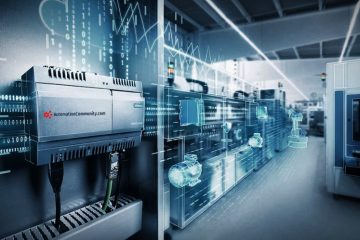


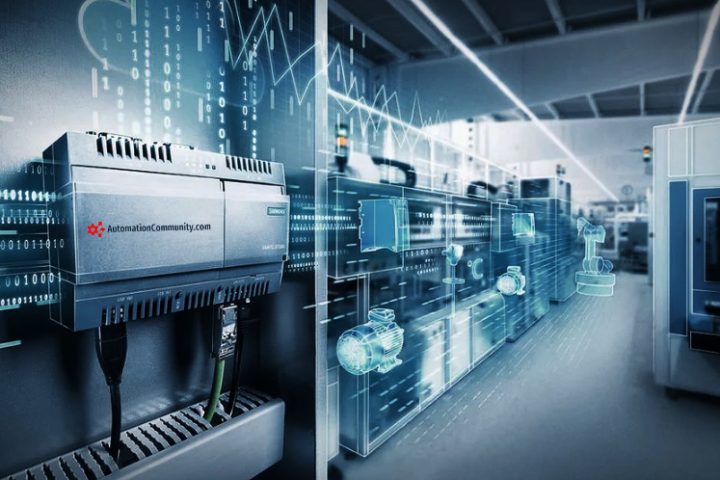


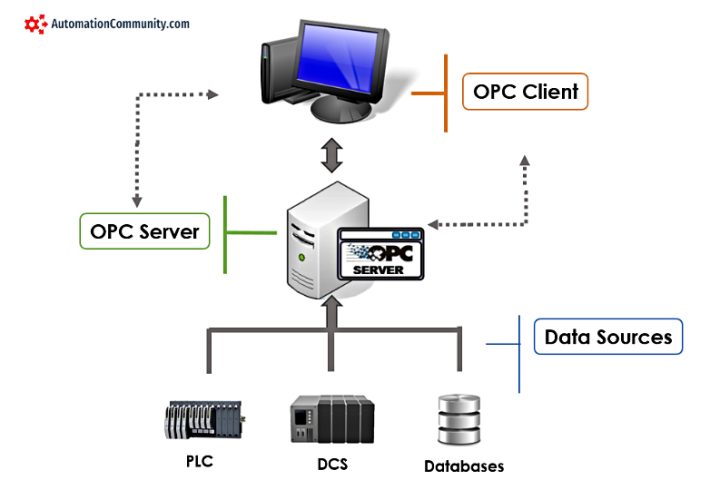
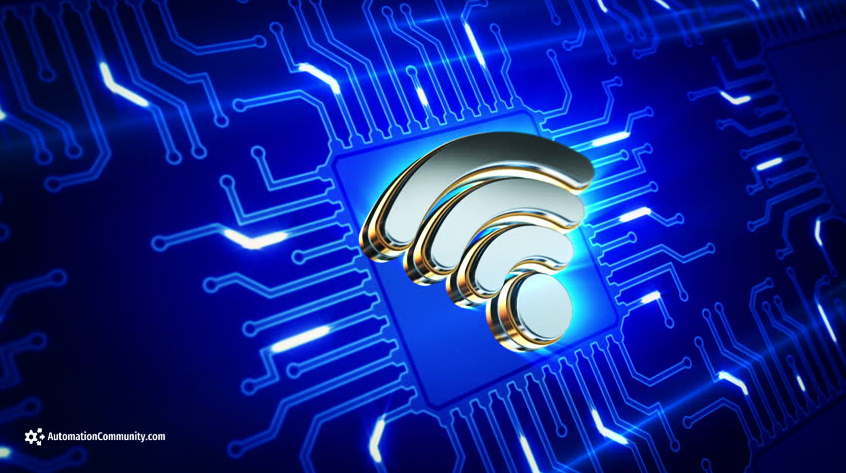




Comments
2
It’s a a great good cause
Please stop putting the word “systems” after DCS. DCS means Distributed Control System. It’s redundant.